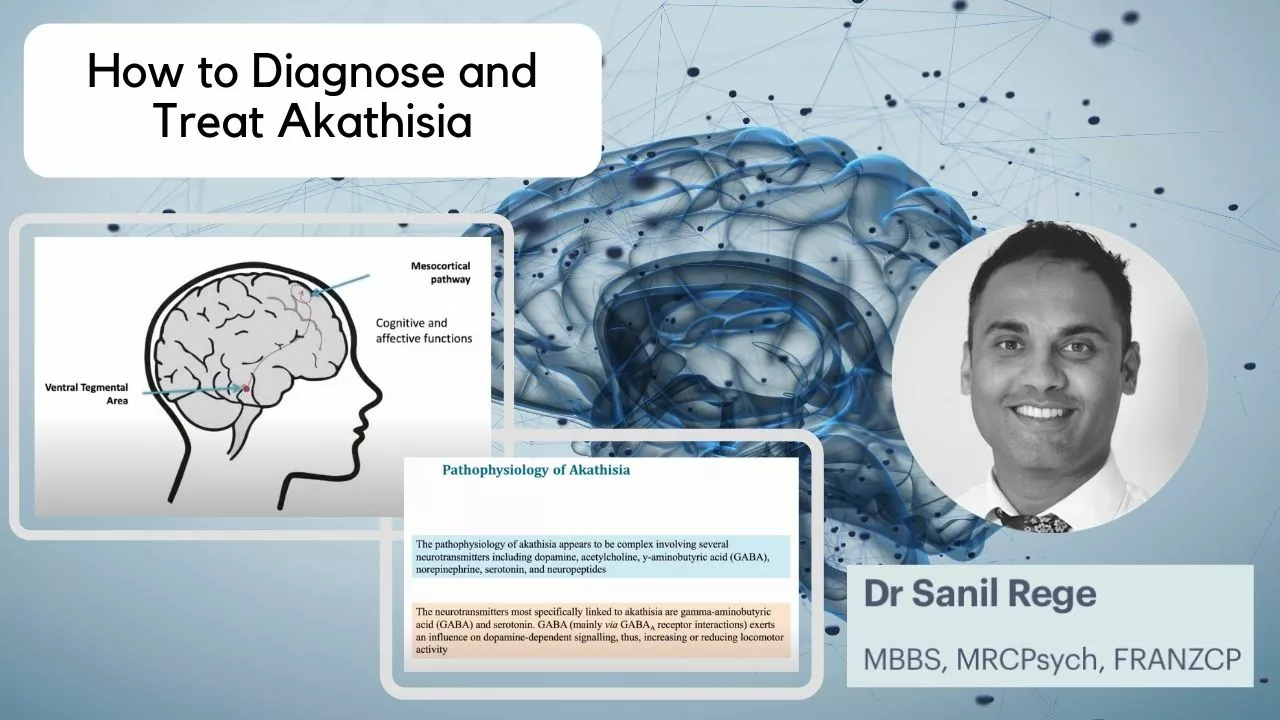Agitation: what it means and why it happens
Feeling restless, irritable, or like you might lose control? That’s agitation. It shows up as pacing, shouting, racing thoughts, or sudden anger. Sometimes it’s short-lived and tied to stress. Other times it’s a sign of a medical problem, a medicine side effect, or withdrawal from substances. Knowing the likely causes makes it easier to calm down fast and get the right help.
What causes agitation?
There’s no single cause. Think of agitation coming from four main places: your body, your brain, medicines, and substances. Body causes include fever, low blood sugar, dehydration, thyroid problems, or infections. Brain causes include anxiety disorders, mania, depression, or dementia. Medicines that can trigger agitation include stimulants, steroids, some antidepressants (early in treatment), beta-agonist inhalers, and certain over-the-counter decongestants. Withdrawal from alcohol or benzodiazepines often causes severe agitation. Drug intoxication—cocaine, amphetamines, or even high caffeine—can also do it.
Immediate steps to calm agitation
If you or someone else is agitated, safety comes first. Move to a quieter, less crowded spot. Sit down, remove sharp objects, and keep a calm voice. Try slow breathing: inhale for four counts, hold two, exhale for six. Grounding helps—name five things you see, four you can touch, three you hear. Cold water on the face or a cool cloth on the neck can slow things down. Avoid arguing or reasoning when emotions run high; a soft, steady tone works better.
If meds might be the cause, check recent changes. New antidepressants can cause early restlessness. Steroids and some asthma inhalers can make people jittery. Over-the-counter decongestants (pseudoephedrine) and strong cough medicines can worsen agitation. Tell your clinician about all prescription, OTC, and herbal products you use.
When medicines or medical problems are behind agitation, doctors may suggest short-term options: a benzodiazepine for fast relief in emergency settings, or an antipsychotic if there’s severe agitation or psychosis. For chronic problems—bipolar disorder, dementia, or anxiety—treatments focus on mood stabilizers, tailored antidepressants, therapy, and addressing underlying medical issues. Never start, stop, or change doses without talking to a clinician.
Caregivers: set clear, simple limits and offer choices ("Do you want water or tea?"). Keep voice calm, avoid physical restraint unless trained to do so, and call emergency services if someone becomes violent or uncontrollably agitated.
When to get urgent help: call emergency services if there’s a threat of harm, suicidal thoughts, severe confusion, very high fever, chest pain, breathing problems, or signs of drug overdose. See your doctor soon if agitation is new, gets worse, or happens after starting a medication. Ask for a medication review, basic labs (glucose, thyroid), and a drug screen when needed.
Agitation can be scary, but it’s manageable. Quick calming steps, a safety plan, and a clear plan with your clinician usually get things back on track. If you want, I can suggest specific calming exercises or a checklist to use during episodes.
As someone who's been researching mental health medications, I recently came across a topic that caught my attention: Aripiprazole and its connection to akathisia. Aripiprazole, a widely prescribed antipsychotic medication, has been known to cause akathisia, a condition characterized by restlessness and agitation. Although this side effect can be quite bothersome, I've discovered that it can be managed through dose adjustments, additional medications, or even switching to a different antipsychotic drug. It's crucial for patients and healthcare providers to openly communicate and work together to find the best solution. Mental health is a complex journey, and understanding these nuances can make a significant difference in treatment outcomes.
